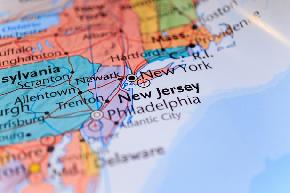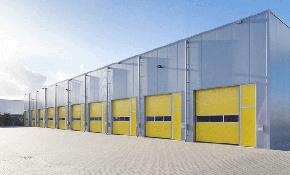NJBIZ reported last week that SBA loan volume in New Jersey surged 23% in Q4 2012. This was surprising considering the negative expectations from the Superstorm Sandy aftermath. A contributing factor is that the max SBA loan amount was raised from 2 million to 5 million which will make property, which is relatively expensive in NJ, more accessible for small businesses. The strength of Q4 could be an indicator of a robust 2013 for New Jersey and the increase in loan amount will likely lead to the purchase of more real estate.
Environmental issues can often complicate a transaction or transfer of commercial property, for example by making a loan harder to repay if costly environmental cleanup is needed at a site. For this and other reasons, the SBA has very specific requirements regarding environmental due diligence for 7a and 504 loans.
So what do SBA lenders and CDCs in NJ need to know about the SBA environmental due diligence requirements?
The first thing you need to check is SBA’s list of “environmentally sensitive industries” which tend to have a higher risk of contamination to determine if the collateral property’s use fits any of those categories (as determined by NAICS codes). If the property type is on this list, you will need to have a Phase I Environmental Site Assessment (ESA) completed, no matter what the loan amount. For gas stations and drycleaners, there are further SBA due diligence requirements.
If the collateral property is not on SBA’s NAICS code list, then the SBA environmental investigation required depends on the loan amount – it will either start with an environmental questionnaire for loans under $150K, or a more in depth Records Search with Risk Assessment or “RSRA” report. If an environmental concern is identified during these initial stages, then the level of due diligence increases – in some cases to the Phase I Environmental Report or even Phase II Environmental Testing. For a helpful guide to the SBA’s environmental policy, check out our Steps of an SBA Environmental Investigation flowchart.
New Jersey has a long history of environmentally sensitive industries as well as a unique regulatory landscape. For example the Industrial Site Recovery Act or ISRA was enacted back in the 80s to help the state assess the impacts of industrial properties. In fact my colleague Brian Mende used to work for the New Jersey Department of Environmental Protection (NJ DEP) early in his career assessing these industrial sites. Sites listed on the ISRA database often have very large files detailing long histories of industrial operations, and these files should be reviewed during environmental due diligence. There is also the NJ Licensed Site Remediation Professional (LSRP) program that governs how site investigations and cleanups are done in New Jersey.

















 Copyright © 2024 ALM Global, LLC. All Rights Reserved.
Copyright © 2024 ALM Global, LLC. All Rights Reserved.